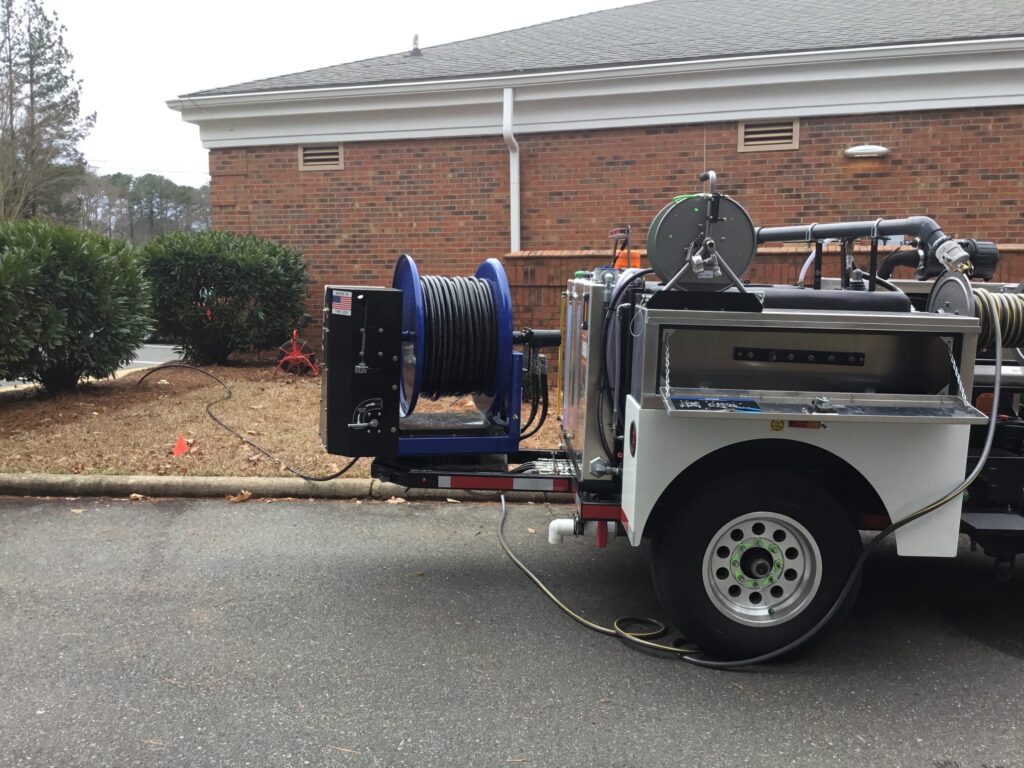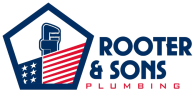Drain clogs are a common issue in many homes, leading to inconvenience and costly repairs. While some clogs are inevitable, knowing where they are most likely to occur can help you take steps to prevent them. In this blog post, we will explore five areas in your home that are most prone to drain clogs and offer practical tips to keep them clear. Whether you need advice or professional help with drain cleaning, this guide is for you.

1. Kitchen Sink
The kitchen sink is a hotspot for clogs due to food particles, grease, and soap residue. Over time, these materials can build up and create stubborn blockages.
Prevention Tips
- Avoid Pouring Grease: Let grease cool and dispose of it in the trash.
- Use a Drain Strainer: Catch food scraps before they go down the drain.
- Run Hot Water Regularly: This helps to clear minor buildups and keep the pipes clear.
2. Bathroom Sink
Hair, soap, and toothpaste can quickly accumulate in bathroom sinks, leading to slow draining and clogs.
Prevention Tips
- Install a Hair Catcher: This simple tool can significantly reduce hair buildup.
- Flush with Hot Water: Regularly pouring hot water can help dissolve soap scum.
- Limit Toothpaste Use: Use only a pea-sized amount to prevent excess residue.
3. Shower Drain
Hair and soap residue are the main culprits for clogs in the shower. These materials can slow water flow and create a backup.
Prevention Tips
- Regular Cleaning: Clear the drain of hair after each shower.
- Vinegar and Baking Soda: Monthly cleaning with these household items can help dissolve buildup.
- Use a Drain Cover: This can catch hair before it clogs the drain.
4. Toilet
Toilets can become clogged from flushing inappropriate items such as wipes, paper towels, or excessive toilet paper.
Prevention Tips
- Educate Household Members: Teach everyone what can and cannot be flushed.
- Keep a Plunger Nearby: Quick action can often resolve minor clogs.
- Regular Flushing: Avoid letting large amounts of paper build up before flushing.
5. Basement Drains
Basement drains often handle water from multiple sources, including washing machines and water heaters, which can lead to clogs.
Prevention Tips
- Check for Debris: Ensure the area around the drain is clear of debris.
- Inspect Regularly: Routine checks can catch potential clogs early.
- Professional Maintenance: Consider hiring a plumber for routine inspections.
Optimizing Drain Maintenance for a Hassle-Free Home
Keeping your home’s drains clear doesn’t have to be a daunting task. By focusing on the areas most prone to clogs and following simple prevention tips, you can maintain smooth and efficient drainage throughout your home without using harmful chemicals. If you encounter persistent issues, seeking professional assistance for drain cleaning can provide effective solutions. Taking these proactive steps will help you avoid the hassle of clogged drains and maintain a well-functioning home.
Ready to ensure your drains remain clog-free and function flawlessly? Contact Rooter and Sons today! Our expert team specializes in professional drain cleaning and maintenance services. Let us provide you with the peace of mind and efficient solutions your home deserves. Call us now!

